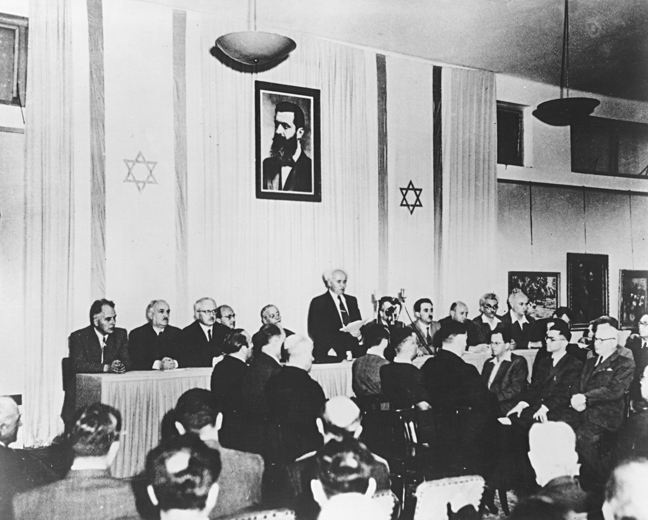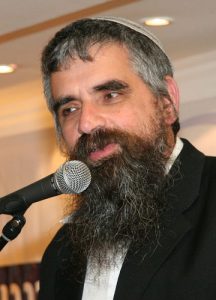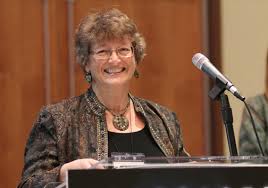Israel at 70: miracles and challenges not to be ignored

By Rabbi Yuval Cherlow
It would be beyond exaggeration to say the founders of the state of Israel could never have foreseen the success that this nation has achieved in such a relatively short amount of time.
When David Ben-Gurion stood beneath the picture of Herzl and declared the modern day creation of a Jewish state in our ancient homeland, there were many who were skeptical of how long such a country could even last.
While the modern Zionist movement had been in formation for decades and was built upon the desire to return to what has been at the heart of our spiritual existence for millennia, the pioneers of Israel faced incredible challenges.
We were a people composed primarily of immigrants, many of whom had just survived the fiercest campaign of evil seen by humanity in decades. Even more troubling, Israel was born into war. From the very moment we declared our independence, we were looking down the gun barrels of numerous enemies intent on our immediate destruction.
And yet, not only did we survive. We have thrived to become one of the world’s most accomplished economies, a land of military might, and agricultural and natural wonder.
And we have returned glory to Zion. Israel is once again the heart of Torah Judaism. A place where Talmudic scholarship and Jewish academic excellence spread from here to the four corners of the world.
For all this and so much more, our first response in celebrating this tremendous anniversary is to rise up in song and praise of gratitude to the Almighty.

Ben-Gurion, who was never described — nor would he have described himself — as a religious man in any classical sense was quoted as saying, “In Israel in order to be a realist you must believe in miracles.”
There is no divorcing our nation’s success from our connection to spirituality and thanks to the One Above. Both our independence and that remarkable scope of growth defy nature and are sources of constant inspiration and motivation to give thanks through prayer and strengthening of our commitment to God.
But as Jews, our second reaction must always be to recognize that as great as things are, there are many aspects of this nation that require very significant improvement and change.
Certainly we are not at peace from a security standpoint and while admittedly the structure of what peace with our neighbors might be remains elusive, we must recognize that the inability for Jews to feel completely secure in our own land is a failing that must be remedied.
Indeed, the social structure of our nation is also far from ideal. While Judaism is defined by concepts of mutual respect between all peoples, the reality is that we have not yet achieved social equality. In many walks of public and private life, lines are drawn based on ethnicity and country of origin. Like all too much of the Western world, we are also failing to address the gender gap in ways that ensure women an appropriate voice in issues of cultural, political, and religious concern.
Sadly, as proud as we are to be able to have Israel as our spiritual home, issues of religiosity and observance also serve as a major source of friction. Different perspectives on how Judaism should be practiced and what models should govern that practice within our state serve as everyday challenges. And we would be blind to ignore the fact that many Jews have been alienated from tradition and halacha (Jewish law) because of a national unwillingness to present an open and welcoming approach to Jews of differing levels of observance.
We must also recognize a sense of missed opportunities when witnessing a noticeably expanding schism between Israel and the Diaspora. This is a particularly frustrating development because in many ways we are dependent upon one another. The Diaspora benefits from the pride in Jewish values, strength, and innovation that come from Israel. And we are similarly inspired by the solidarity that emanates from our Jewish brothers and sisters all across the globe. We know the divisions derive from a multitude of sources — some practical and others ideological — but overcoming them must be a primary focus of activity in the period ahead.
Indeed, despite these many challenges, we must continue to believe that they are not insurmountable.
While we cannot be dependent on miracles, we also cannot ignore the fact that this is the nation where they have occurred in abundance.
And as we celebrate this remarkable occasion of 70 years of independence of a Jewish state in our Jewish home, we must resolve to continue to strive toward continued accomplishment, all while expressing our constant praise and thanks to God for allowing it to happen.
Rabbi Yuval Cherlow is a founder of the Tzohar Rabbinical Organization and director of the Tzohar Center for Jewish Ethics in Lod, Israel.
To read the complete April 2018 Dayton Jewish Observer, click here.




